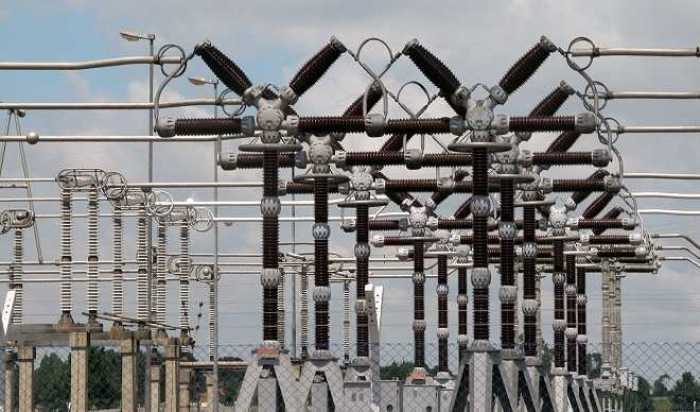In West Africa, the Transmission Company of Nigeria (TCN) has secured about $1.5 billion from donor agencies to funding power transmission projects in Ogun State and other parts of the nation.
Also read:US initiative Power Africa boosts Nigerian energy sector
This is according to the company’s managing director, Usman Gur Mohammed, who revealed this during a courtesy visit to the state Governor, Senator Ibikunle Amosun, in his office in Abeokuta, Vanguard reported.
Mohammed said: “TCN would need land in places such as Lukosi, in Abeokuta; Redemption Camp and Mountain of Fire Ministries area, along the Lagos-Ibadan Expressway corridor as well as Ajegunle, very close to Agbara and Arigbajo axis.
“The land would be used for constructing substations that will aid to enlarge the nation’s transmission capacity,” Mohammed explained.
He confirmed that TCN cannot expand its transmission capacity without the dynamic collaboration of the state governments, particularly in the region of getting the right of way to obtain extra lands and payment of reimbursement to people who may be displaced.
Meanwhile, Emeka Okpukpara, Partner Nextier Power, has called on TCN to tackle the options contained in the Electric Power Sector Reform (EPSR) Act for the future of the transmission aspect of the nation’s electricity challenges, media reported.
Okpukpara said: “The EPSR Act allows for a variety of options to be considered regarding the future of TCN. Considering the vast financial requirement, the related government agencies should start to talk about and take decisions on the options for the future of TCN.
“Some options considered for TCN includes full privatization, concessions and management contract. To cut the monetary burden on any investor key sector participants have suggested, it would be best to split up the national grid into various entities.”
He continued: “This method will more or less take the layout of full privatization of the transmission assets. The second model is a public private partnership, which has gained publicity over the years as it would remove control of the assets from government hands to private sector. Government would still have a seat at the table but they would be junior partners.”
Okpukpara concluded: “The third and final model that has been discussed is a concession model, which was done for Kainji dam during privatization of the generation assets. This arrangement will give the private investor full ownership for an extended period such as 20 to 30 years.”

Leave a Reply